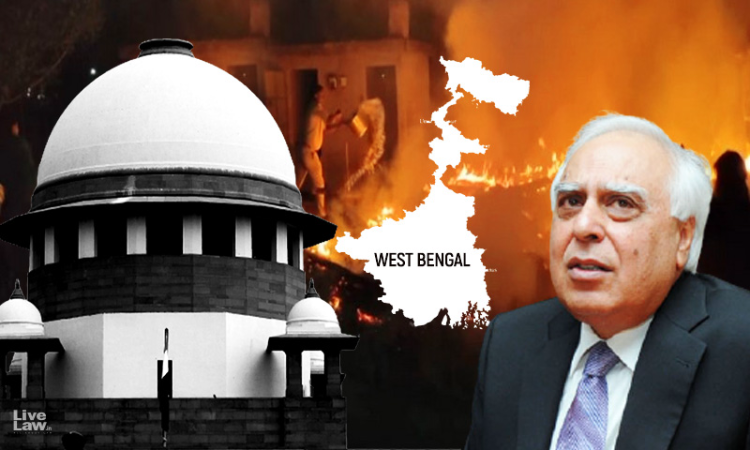The Supreme Court on Tuesday issued notice in petition filed by the State of West Bengal challenging the Calcutta high Court's direction for CBI investigation into cases of murder, rape and crimes against women which allegedly took place during the post-poll violence in West Bengal.A bench comprising Justices Vineet Saran and Aniruddha Bose observed that the State of West Bengal through...

